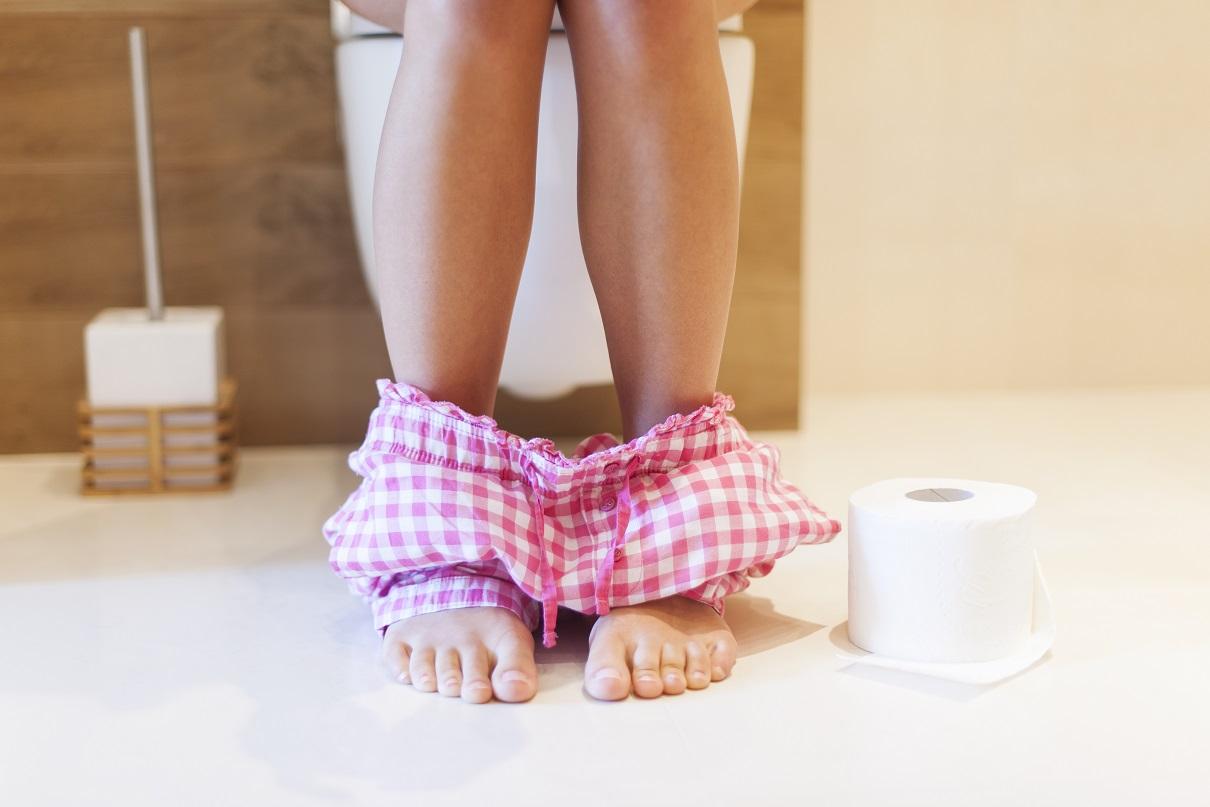The Independent's journalism is supported by our readers. When you purchase through links on our site, we may earn commission.
Best-selling German scientist and author Guilia Enders reveals how we're all pooing wrong
Enders' book, now translated into English, teaches how to love your gut

Your support helps us to tell the story
From reproductive rights to climate change to Big Tech, The Independent is on the ground when the story is developing. Whether it's investigating the financials of Elon Musk's pro-Trump PAC or producing our latest documentary, 'The A Word', which shines a light on the American women fighting for reproductive rights, we know how important it is to parse out the facts from the messaging.
At such a critical moment in US history, we need reporters on the ground. Your donation allows us to keep sending journalists to speak to both sides of the story.
The Independent is trusted by Americans across the entire political spectrum. And unlike many other quality news outlets, we choose not to lock Americans out of our reporting and analysis with paywalls. We believe quality journalism should be available to everyone, paid for by those who can afford it.
Your support makes all the difference.The author of an unexpected German bestseller on how to love your gut has had her work translated into English – and is set to teach new millions in the Western world that we’re all pooing wrong.
Speaking to The Guardian, microbiologist and newfound publishing sensation Giulia Enders explained the first basic error we all make in the West is to poo while sitting down.
Squatting, it seems, is the natural way to relieve yourself because it “opens the hatch” of the bowels, whereas sitting or standing shuts off the pipe. Enders said: “1.2 billion people around the world who squat have almost no incidence of diverticulosis and fewer problems with piles. We in the west, on the other hand, squeeze our gut tissue until it comes out of our bottoms.”
Enders also explains in the book how humans in fact have two sphincters, an inner and an outer, and that listening to what they’re telling us could be one of the easiest ways to avoid constipation.
While we can control the outer sphincter, the inner one is automatic – an evolutionary development that responds to other stimuli to decide whether we are in a “safe” place to take a loo break. Ignoring your inner sphincter, say if you are worried someone might hear you poo, can cause it to stop functioning properly.
Enders’ book also includes more controversial passages on the link between psychological wellbeing and a healthy gut – she speculates, for instance, upon the fate of a man she met who had terrible breath and killed himself, wondering whether the two were linked.
But it also includes little gems on the gut in general, including that the oft-discarded appendix is in fact full of useful bacteria and that eating well increases the amount of a naturally-occurring painkiller in our spit.
Enders’ book in translation, Gut: The Inside Story of Our Body's Most Underrated Organ, with illustrations by her sister Jill, is available in the UK and online from 24 May.
Join our commenting forum
Join thought-provoking conversations, follow other Independent readers and see their replies
Comments